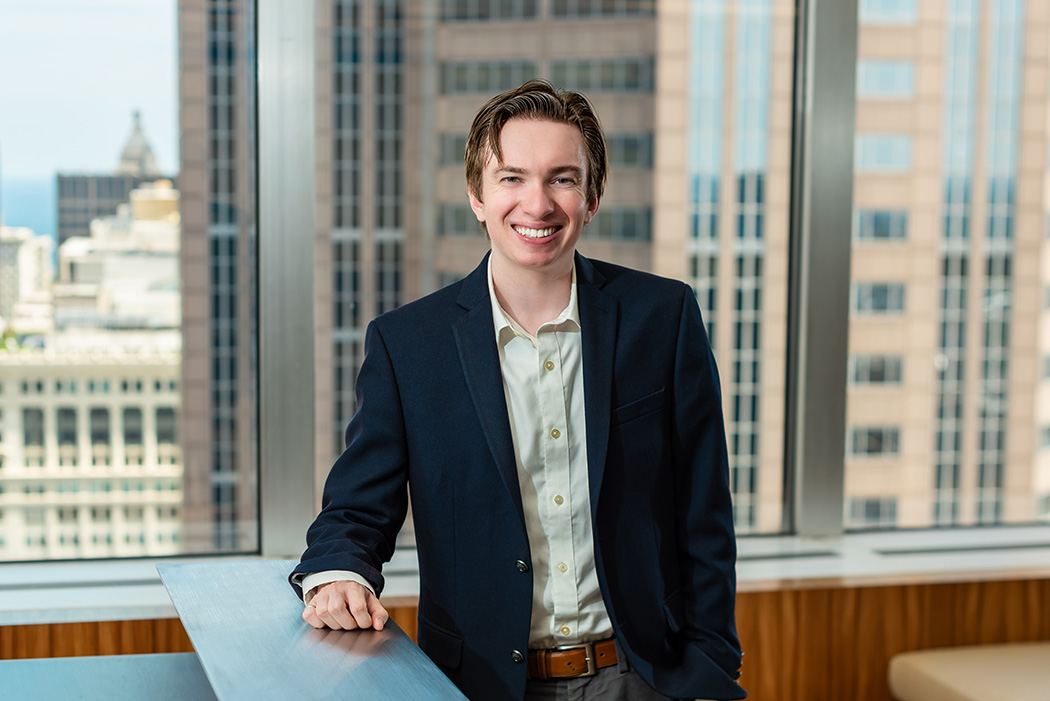AI News Roundup – AI development priorities, Musk adds Microsoft to OpenAI lawsuit, Vatican develops AI replica for St. Peter’s Basilica, and more
- November 18, 2024
- Snippets
Practices & Technologies
Artificial IntelligenceTo help you stay on top of the latest news, our AI practice group has compiled a roundup of the developments we are following.
-
- Major AI companies, including OpenAI, Anthropic and Google’s DeepMind, have experienced diminishing returns as they strive to develop more advanced AI models, according to Bloomberg. Despite significant investments, these companies have encountered several challenges, such as a shortage of high-quality training data and the escalating costs of developing and operating new models. OpenAI’s latest model, Orion, has not met internal performance expectations, while Anthropic has delayed the release of its Claude 3.5 Opus model. Some in Silicon Valley speculate that the so-called “scaling laws” (the idea that more computing power, more training data, and larger AI models will inevitably lead to more advanced AI systems) that have driven rapid AI progress in recent years may not be as reliable as assumed, and that alternative approaches may be needed to achieve more significant breakthroughs in artificial general intelligence (AGI). Several companies have begun to shift their focus from developing larger, faster AI models to new use cases for existing models, including AI tools known as “agents” that can perform tasks (such as booking flights or sending emails) on a user’s behalf. OpenAI CEO Sam Altman wrote in a recent “Ask Me Anything” session on Reddit that “we will have better and better models, but I think the thing that will feel like the next giant breakthrough will be agents.”
-
- Elon Musk has added Microsoft as an additional defendant in his ongoing legal feud with OpenAI, alleging antitrust violations, according to The New York Times. In the amended lawsuit, filed in the U.S. District Court for the Northern District of California, Musk accused Microsoft, a close partner of OpenAI, and several individuals, including Microsoft Board Member Reid Hoffman of undermining antitrust laws through their involvement with both companies. In particular, Musk claimed that OpenAI’s complex partnership with Microsoft allowed the two companies to trade “competitively sensitive information” and that OpenAI is trying to eliminate competitors like Musk’s own AI startup, xAI. The lawsuit escalates Musk’s longstanding dispute with OpenAI, which he co-founded in 2015 but later departed in 2018 over the company’s alleged abandonment of its original mission to develop AI for the public good.
-
- The Vatican has partnered with Microsoft to create an AI-generated “digital replica” of Saint Peter’s Basilica in Rome, the largest church in the world, according to the Associated Press. The project used 400,000 high-resolution digital photographs taken by drones, cameras and lasers to produce a 3D model of the basilica that can be explored virtually. The digital twin will allow visitors, both real and virtual, to interact with the church and its history, as well as help the Vatican manage visitor flow and identify historic conservation issues. The initiative is part of the Vatican’s preparations for the 2025 Jubilee Year, when over 30 million pilgrims are expected to visit the basilica. Microsoft Vice Chairman and President Brad Smith told Vatican News that the virtual experience would allow viewers to “see parts of the Basilica that one cannot see,” and that he believed it “adds to the spiritual experience of pilgrims coming to Rome.” Pope Francis praised the work of the company and its associates, exhorting them “to use the cutting-edge tools with a missionary style, not touristic, without seeking the attraction of special effects, but rather investing in new means to narrate the faith of the Church and the culture it has shaped,” and saying that “everyone, truly everyone, must feel welcomed in this great house.”
-
- A new study has found that humans cannot distinguish between poems written by famous writers and those generated by AI systems mimicking their style, and even prefer the AI-generated works, according to The Washington Post. The study, published in the journal Scientific Reports, had participants read poems and rate them on criteria like creativity, emotional impact and overall quality. The study found that the participants were unable to reliably tell the difference between the human-written and AI-generated poems, and in many cases rated the AI-generated works more highly. The results suggest that current natural language models have advanced to the point where they can effectively emulate the style and creative output of human poets, and that humans have difficulty distinguishing between AI-generated and human-produced text. Given these issues, the researchers stated that “it may be worthwhile for governments to pursue regulations regarding transparency in the use of AI systems,” though they admitted that existing government efforts to mandate disclosures of whether content is AI-generated have had little effect, and that “there is evidence that users often ignore such disclosures.”
-
- Amazon is increasing its efforts to develop homegrown AI chips as it seeks to reduce dependence on Nvidia, according to the Financial Times. Amazon’s cloud computing division, AWS, is spending heavily on custom chips through its Annapurna Labs subsidiary, with the goal of boosting the efficiency and cost-effectiveness of its data centers. The company’s latest AI chip, Trainium 2, is already being tested by partners like Anthropic, Deutsche Telekom and Japan’s Ricoh. Amazon aims to challenge Nvidia’s dominance in the AI processor market, offering an alternative that can power large AI models at a lower price. While Nvidia still holds a significant lead in the AI hardware space, Amazon believes that having an in-house chip alternative will give it more control and flexibility in its AI infrastructure, ultimately benefiting its cloud customers.


